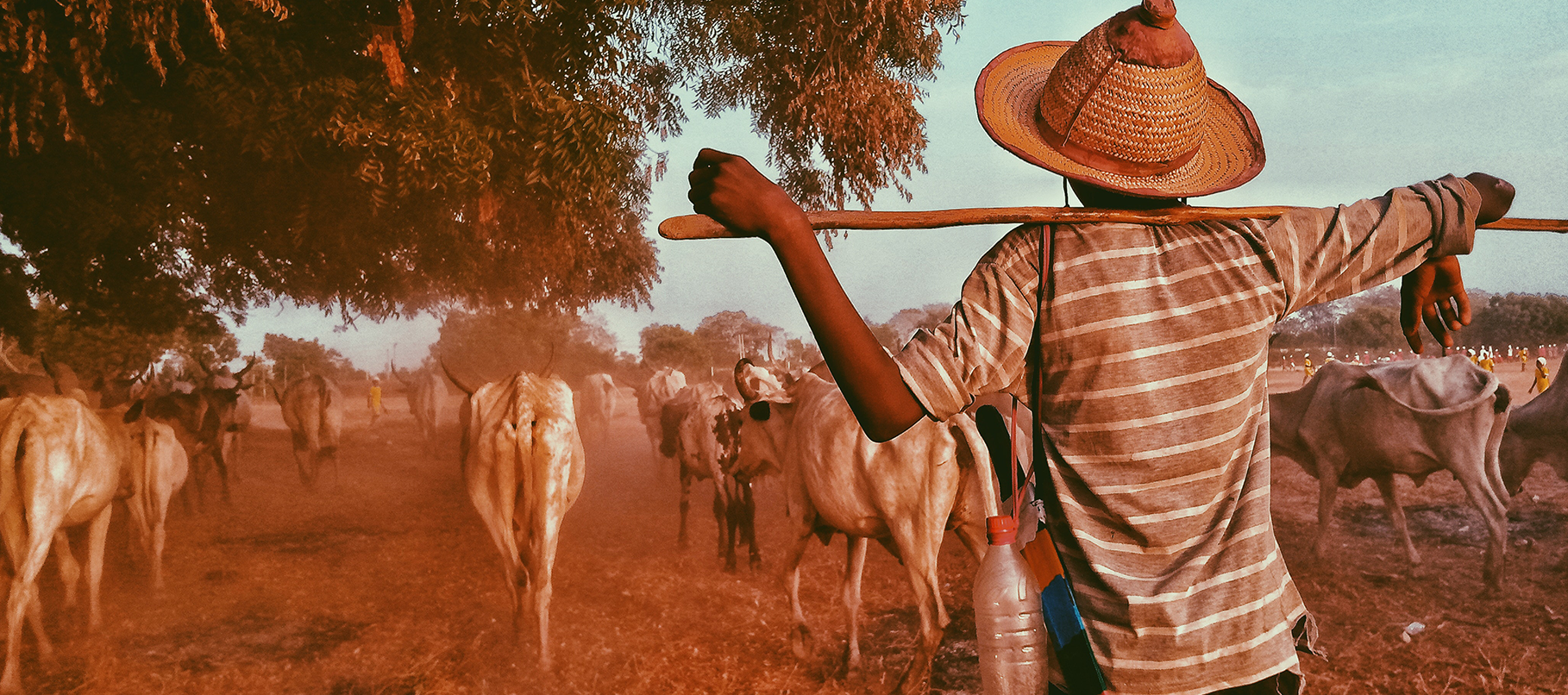The DRIVE Project
The Horn of Africa, stretching from northern Kenya and Somalia to southern Ethiopia, contains the largest population of pastoralists in the world. It is also experiencing its worst drought in four decades – the extreme drought conditions have devastated agricultural production, destroyed crops, and killed more than three million livestock. As a result, the livelihoods and lives of millions of pastoralists, their families, and communities are at risk.
To address these challenges and protect the pastoralists, the Horn of Africa De-risking, Inclusion and Value Enhancement (DRIVE), a $360.5m project funded by the World Bank and partners was established to enhance pastoralists’ access to financial services for drought mitigation, include them in value chains, and facilitate livestock trade in the Horn of Africa.
The project aims to impact more than 1.6 million pastoralists drawn from 2,500 pastoralist groups over a five-year period. DRIVE will enable the region to adapt to the impacts of climate change, commercialise livestock production in pastoralist communities, and ensure the inclusion of marginalised and vulnerable groups, including women in the sector.

Component 1 Package of Financial Services for Climate Resilence ($179 million)
Designing and provisioning pastoralists in Kenya, Ethiopia, and Somalian intergrated package of financial services
Building the capacity of the countries’
stakeholders and drought insurance awareness
Designing a sovereign climate insurance policy to be acquired by Djibouti for the government to provide protection to it’s population, including pastoralists.

Component 2: Livestock Value Chains and Trade Facilitation ($181.5 million)
Upgrading quality infrastructure to ensure compliance of livestock and livestock products with international standards
Building the capacity of agencies in charge of quality infrastructure: and supporting Mutual Recognition Agreements in HoA
Supporting trade facilitation and trade logistics
of livestock and livestock products
Establishing a facility to de-risk private investment in the livestock value chains and to support local productive capacities

Component 1 Project Targets
 1.6 million pastorlists and their. dependants covered by financial services
1.6 million pastorlists and their. dependants covered by financial services 2,500 pastoralists Group supported and connected to markets
2,500 pastoralists Group supported and connected to markets 80% of pastrolists in target areas who receive training to understand the financial products
80% of pastrolists in target areas who receive training to understand the financial products $72 million private capital mobilized through the facility to de-risk private investments
$72 million private capital mobilized through the facility to de-risk private investments

Component 2: Project Targets
 $72 million private capital mobilized through the facility to de-risk private investments
$72 million private capital mobilized through the facility to de-risk private investments 700 National Quality infrastructure(NQ) professional trained on quality infrastructure
700 National Quality infrastructure(NQ) professional trained on quality infrastructure 20 trade facilitation measure supported
20 trade facilitation measure supported
Our Role as ZEP-RE
Project Management
Coordinate and implement the project on behalf of the countries in line with the World Bank standards
Product Design
Review and customise insurance and savings products for a range of context, in consultation with stakeholders in different countries
Country and Stakeholder Engagement
Facilitate an engaiging policy environment and partnerships across the financial sectors
Awareness Building
Advance deeper understaning and appreciation of IBU across the livestock value chain in collaboration with the appointed implementing agencies
Fiduciary Management
Fiduciary role in line with the World Bank financial management procurement and environment and social standards
Distribution
Leverage technology to optimise distribution and increase access and reach
Monitoring an Evalution, Knowledge Management
Support monitoring evaluation procedures and capturing lessons learnt and
success stories
As the reinsurance company for COMESA, ZEP-RE was appointed to implement Component 1 of DRIVE. It is envisioned that this will also assist in fostering cooperation between the four Horn of Africa member countries, as well as helping the countries to pool their drought risk and lower the operational and premium costs for insurers
 $72 million private capital mobilized through the facility to de-risk private investments
$72 million private capital mobilized through the facility to de-risk private investments $72 million private capital mobilized through the facility to de-risk private investments
$72 million private capital mobilized through the facility to de-risk private investments
